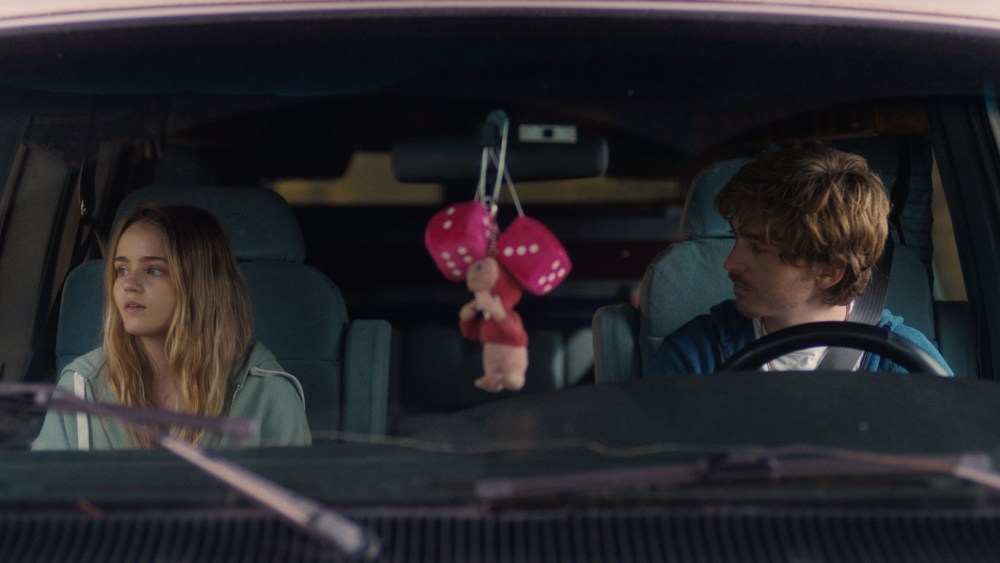
If you’re increasingly wary of committing to a show for fear that it’ll join the ranks of Netflix‘s cancelled shows just as you’re getting hooked, you’re not alone. And a new show, the young-adult drama Penelope, is trying to do something about it.
Penelope stars Megan Stott from Little Fires Everywhere as a disaffected 16-year-old girl who leaves her family and her life behind to forge a new existence in the wilderness, learning to live off the land alone. It was written during the pandemic, but when the creators attempted to get it commissioned nobody chose to make it. So they decided to go the indie route instead. The show was a big hit at the Sundance festival, and Netflix has now snapped up the US distribution rights to the first eight-episode season.
The show is trying something that’s common in indie film-making but still relatively rare in streaming TV. Rather than get a big streamer such as Netflix to commission and pay for the show to be made, the show’s creators made the whole series themselves and then signed a short-term deal for Netflix to distribute it. That means if Netflix decides that season two isn’t right for the streamer, it shouldn’t prevent the second series from being made and shown elsewhere.
Speaking to The Hollywood Reporter, co-creator Mark Duplass explained: “we brought it [to streamers] and everybody was like, this is so beautiful and unique, so deeply connected to something that I’ve lost.”
And then they said that they couldn’t make it. So Duplass and director Mel Eslyn made it instead.
Why this kind of distribution deal could help cancel the cancel curse
The problem with getting streamers to pay for your programs is that all of your show’s eggs are in a single streamer’s basket. And that’s why we’re all familiar with the disappointment of a successful show’s “will they won’t they” drama when it ends without a new season being already confirmed. Netflix especially has a strong history of disappointing cancellations.
According to Duplass, Penelope is breaking new ground here. “From taking out the show and figuring out how we’re going to sell it or making the deals with our actors, no one knows how to do it… So there was actually this childlike fun. We were just making up new deal structures as we were going along.”
By taking what they call a “piece by piece” model the creators can sell different streaming rights to different services in different parts of the world rather than trying to persuade Netflix that they can make a global hit. “We’ve basically absolved [them] of the responsibility to make us their flagship show,” Duplass says.
That’s particularly important when it comes to future seasons, because the show isn’t dependent on the priorities or spreadsheets of a single streaming provider. If Netflix passes on season two, there should be enough deals in place elsewhere to finance another season and to make it available to fans. So for example with this show the creators will retain the rights to the show everywhere but the US, including the rights for video on demand rentals.
“Ideally, we see how we do on Netflix,” Dupress explains. “In the event that it’s a blowout success, you might see a bigger scope for season two.” And if it’s quite successful rather than a mega-hit, “we might write it for a smaller scope, but at least we’re in the driver’s seat now as to whether we get to keep making this show.”
It also means that the showrunners have more control over their show: they don’t have to persuade a single provider that their show will be a big hit in multiple markets and potentially change it to make it more widely appealing. And Dupress is so convinced that the model is a good one that his studio has used it for three other shows: a documentary and two comedies.
Penelope is set to streaming this year on Netflix US, with other streamers to be confirmed in other countries.




















+ There are no comments
Add yours